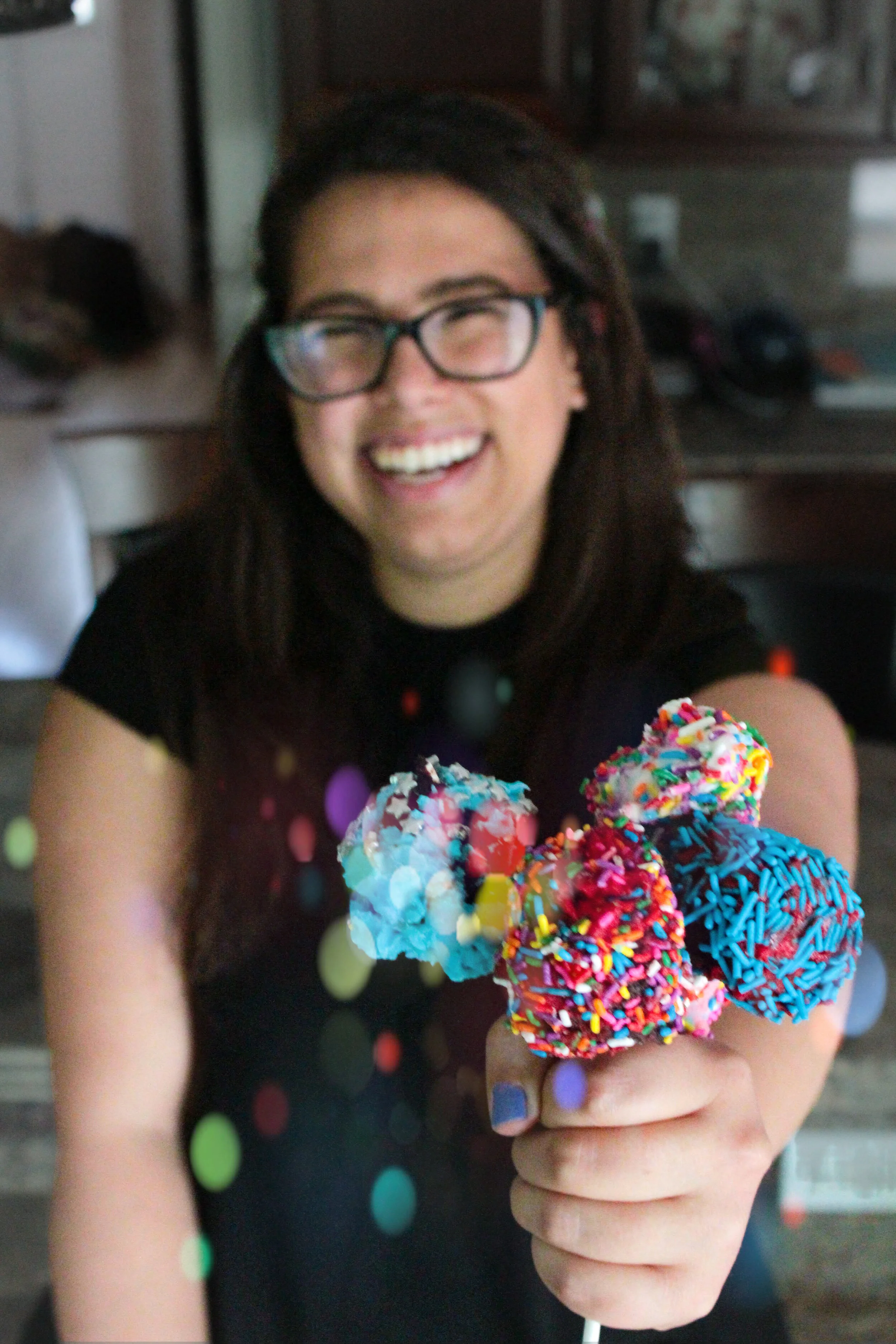Trigger Warning: Suicidal Ideation
Today, if you saw me at Trader Joe’s you may think I have it all together. I generally smile in public, sometimes I have a bow in my hair. I speak eloquently and I have a Master’s degree from a prestigious university. However, if you knew what it took to get here, or you knew what was going on inside, you may be surprised.
I have lived with mental illness for most of my life but I was not diagnosed nor did I start therapy until I reached a breaking point in college. At first it was a relief, wow, I now had a “reason” or some context as to why I was feeling constantly anxious, unsettled and sad. While suicidal thoughts were not completely new to me in college, it was during my sophomore year when things became unbearable and I came close to ending my life one day in January 2012.
I took a medical leave shortly after that day, I needed a shift and that landed me in intensive treatment. I remember when I first left school, I sat in a new psychiatrist’s office where I was told I would start to feel better and that was unimaginable. However, my extremely hard work in treatment and therapy not only made life “bearable” it also made life worth living.
What has arguably helped me the most though, a close second to therapy with my life-changing therapist, has been my journey in advocacy. Since I was diagnosed with anxiety, depression and an eating disorder, I felt a responsibility and a desire to share my story, to use my struggles as a way for others to see themselves represented and to deconstruct some of the shame living with mental illness brings for so many. Many of those with mental illness feel like they have to hide, where I have realized “I see you” like I really see you—beyond the smile at Trader Joe’s has been one of the most healing phrases, moments and feelings for me along my journey.
Over the course of the last nine years, I have embarked on multiple projects, organizations and initiatives to share my story. I have started three social action organizations, created a documentary film and I proudly speak publicly at high schools and colleges/universities. With all that being said,I believe my greatest project so far is “Bake it Till You Make it Org” (soon you be Bake it Till You Make it LLC). This is an organization based in three prongs: creativity, connection and community.
Creativity: I have published two (almost two) books which combine mental health storytelling and baking. As comfortable as I am sharing my story, mental health continues to be a difficult topic for many. However, I have found connecting baking and sharing recipes with mental health discussion helps make these conversations feel more “palatable”.
Connection: In addition to the books, I have had the opportunity to create a means for connection for those in my community by hosting events that combine the same elements as the books. Ever watch “Nailed it!” on Netflix? How about enjoying the in person baking and decorating competition paired with a mental health presentation, highlighting the work being done in the community. Or an “Evening of Empowerment”: a night where strangers share stories only to be connected by (I) common experiences and (II) the ”dessert bar” at the end.
Lastly and maybe most importantly, this organization brings community by forging connections, sharing stories and building bridges between discomfort and understanding.
I believe one of the greatest gifts to the world I bring is my story, so I often ask others: what is yours?
Dayna Altman's upcoming memoir is titled Mix, Melt, Mend: Owning My Story & Finding my Freedom. You can learn more about Dayna and her many projects at bakeittillyoumakeit.co or http://tiny.cc/nzqmsz.






